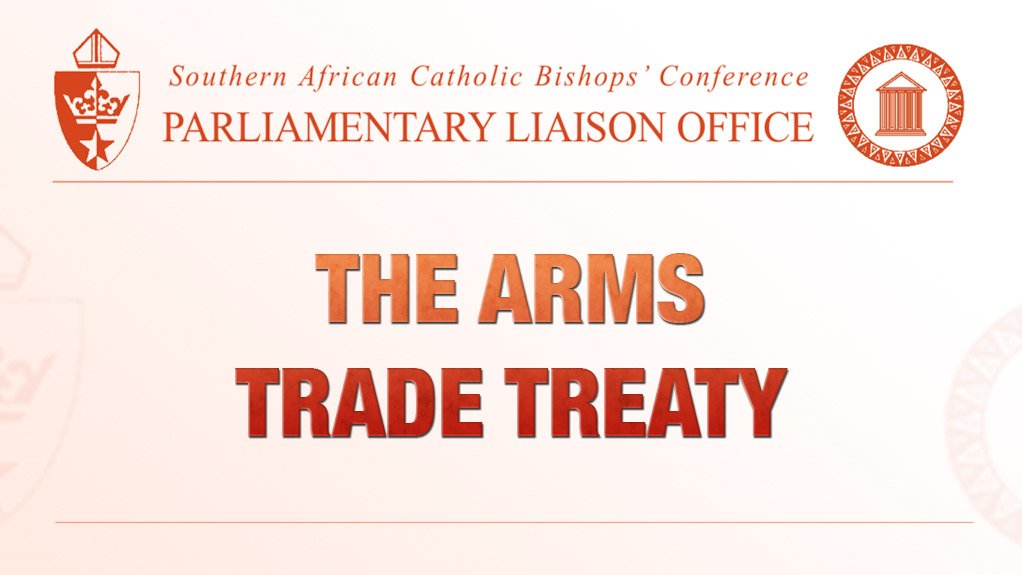On 18th November 2014, Parliament ratified the Arms Trade Treaty, making South Africa the 54th state to do so, after cabinet recommended its ratification in July 2013 and after President [Jacob] Zuma signed the ATT in September of that year. 124 countries have signed the ATT but only 55 have ratified it.
The ATT sets out for the first time global rules for the regulation of the arms trade in order to help prevent the diversion of weapons to illicit markets. It prevents countries from selling arms to those who practise genocide, abuse human rights, or perpetrate crimes against humanity. It enjoins all states ratifying the treaty to practise transparency and accountability in their trade in this sector. The arms trade is notorious for its secrecy. It is instructive that, as recently as 2010, only 90 countries had basic national controls for the export of small arms and light weapons. Thus, a huge vacuum exists in a trade which, according to OXFAM, shrinks African countries’ budgets by 15%, and impedes development to the tune of $186 billion. It is estimated that annually $1.5 trillion is devoted to military expenditures worldwide, equating to 2.7% of the world’s GDP. It is not only the monetary value of the trade but the extent of the hardware that is so worrying. The Small Arms Survey estimates that there are around 875 million small arms in circulation, dramatically threatening peace and security.
Written by Peter-John Pearson, Director, Southern African Catholic Bishops’ Conference Parliamentary Liaison Office (CPLO)
EMAIL THIS ARTICLE SAVE THIS ARTICLE
To subscribe email subscriptions@creamermedia.co.za or click here
To advertise email advertising@creamermedia.co.za or click here











